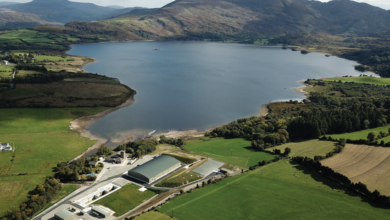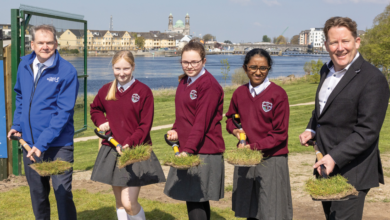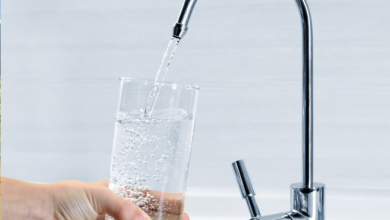25 years of transformation in the group water scheme sector
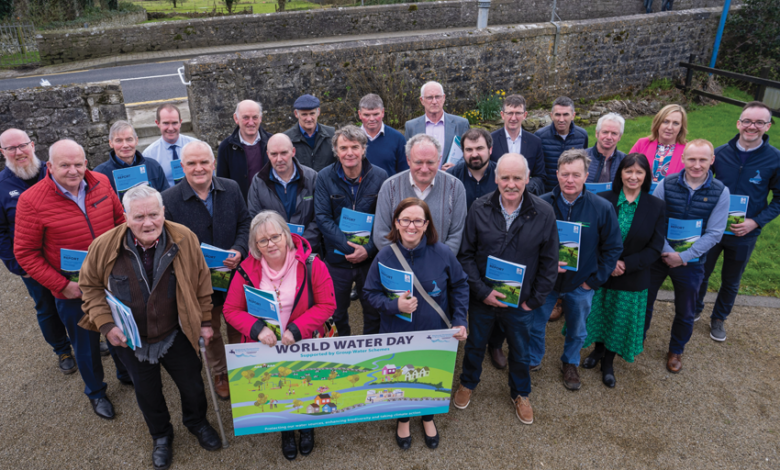
This year marks an important anniversary for the National Federation of Group Water Schemes (NFGWS). In 1998, some 25 years ago, the newly formed organisation was officially incorporated as a co-operative society.
Although the landscape of the group water scheme (GWS) sector has been greatly transformed in the intervening period, the core co-operative principles of the Federation have underpinned every aspect of development.
The NFGWS traces its origins back to a government decision in late 1996, which saw the abolition of service charges in respect of domestic water supplies on public water schemes around the country. The private GWS sector, which served circa 150,000 homes and rural businesses at the time, was not included in this announcement. The Federation spawned from a series of group water scheme meetings throughout 1997, with ‘fairness and equity’ the main raison d’être for the newly formed representative organisation.
Its formation also came at a time where the GWS sector was at crisis point. Group water schemes lacked adequate treatment and effective governance and operational organisation, as well as the financial capacity to address these issues.
Hence, the focus of the NFGWS expanded quite quickly, accelerated by the Department of Environment’s introduction of the Rural Water Programme (RWP) in 1998. The aim of the RWP was to protect the health of GWS members by providing a targeted funding stream that would help ensure compliance with the EU Drinking Water Directive.
The Department began working with the NFGWS and local authorities through a ‘partnership approach’ that would bring about significant improvements for the sector.
Co-operative ethos
As community-owned and community-operated entities, the GWS sector was already steeped in the co-operative ethos. The NFGWS worked in close liaison with the Irish Co-operative Organisation Society (ICOS) to better formalise this ethos from an organisational standpoint, both in terms of the governance arrangements for the co-operatives themselves and in respect of the rights and responsibilities of GWS members. This ethos includes operational transparency, democratic responsibility, and deliberative operations.
A core task of the NFGWS has been to work with individual GWSs to provide information and assistance to their membership when making key decisions about their future. Among the important decisions made in the early 2000s, was the move to introduce more professional management of GWS operations.
Some GWSs made the difficult choice to consolidate supplies by amalgamating or rationalising with neighbouring GWSs to create more sustainable and economically viable entities. The appointment of external, expert contractors to design, build and operate (DBO) treatment plants for 133 GWSs around the country gave these GWSs and their members reliable access to potable water.
Improvements
Increasing numbers of paid staff, such as caretakers, administrators, and managers, eased the operational burden on what had previously been an almost entirely voluntary-run sector. It has helped to ensure improved drinking water standards and freed up GWS volunteer boards of management to better focus on governance and long-term planning.
The NFGWS has worked closely with affiliated members through every step of this process, providing mentoring, training, and administrative support. The ‘partnership approach’ has seen over €1 billion invested by the State on capital infrastructure investments across the GWS sector.
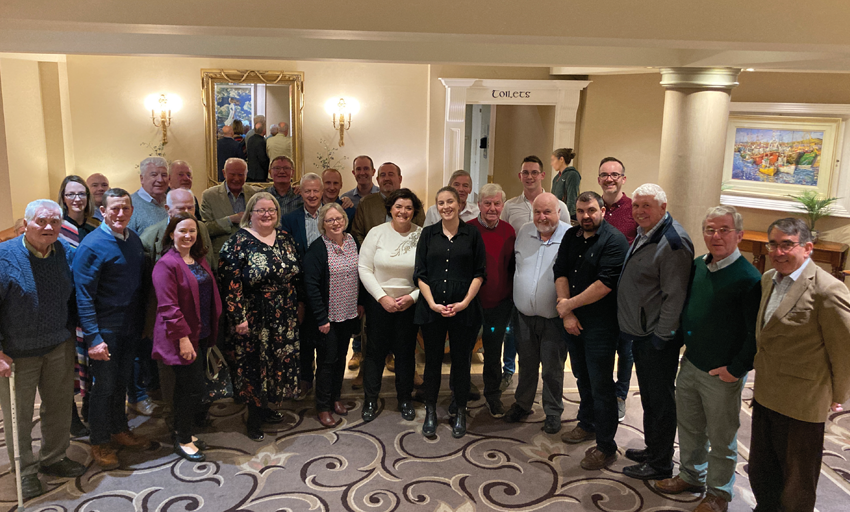
In tandem with this infrastructural drive, the NFGWS has demonstrated a strong commitment to capacity building through training, mentoring and the dissemination of educational/information materials. This has included the creation of a quality assurance system for group water schemes, complete with regular training on its implementation. By dividing each step of the drinking water provision process into five critical control points, the system allows for continual monitoring and assessment of service delivery.
The combination of infrastructural investment, and training and governance improvements has seen GWS compliance with crucial E. coli bacteria standards rise from less than 60 per cent in the early 2000s to 96 per cent in the most recent Environmental Protection Agency report for 2021.
Sustainable future
Of course, there is still plenty more to be done. A key priority is the achievement of full compliance with water quality standards by all group water schemes. The NFGWS continues to work closely with individual GWSs, the Department of Housing, Local Government and Heritage, and relevant local authorities to deliver on further infrastructural improvements under the Multi-annual Rural Water Programme.
A number of amalgamation and rationalisation projects are still ongoing, in an effort to ensure sustainability for smaller supplies. The sector has also been a leader in the realm of drinking water source protection, through the auspices of various NFGWS national source protection projects. By focusing on drinking water source catchments as the primary barrier for pollution prevention, it eases pressure on treatment systems and can bring about significant co-benefits for the wider environment, biodiversity, and climate action.
Learnings from these source protection initiatives and the aforementioned NFGWS quality assurance system provide a strong grounding for GWSs as they prepare for the water safety planning approach dictated by new drinking water regulations, signed into legislation earlier this year.
These new regulations place extra onus on risk-based management and public engagement. Through its co-operative approach, the sector will always hold itself to account and make every effort to provide the best service possible for its membership. With Ireland facing new challenges in the form of the biodiversity and climate crises, the NFGWS and the GWS sector as a whole is committed to doing everything it can to ensure a prosperous and welcoming rural Ireland for generations to come.
T: 087 612 4089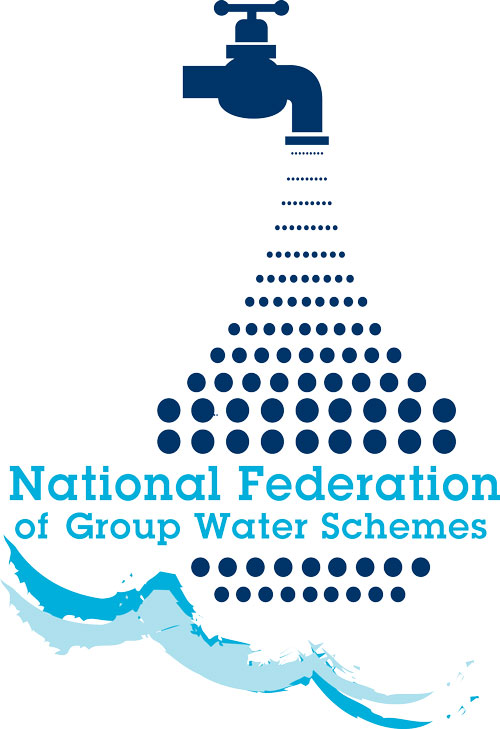
E: mark@nfgws.ie
W: www.nfgws.ie
S: @nfgws


